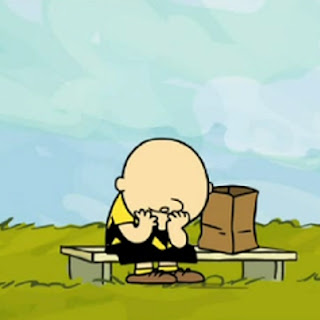It's safe to say that I whole heartedly agree.
Pets have walked in and out of my life since I was a baby. I learned to crawl with a dutiful spaniel by my side and I grew up with a fondness for everything from goldfish to horses, but I've always had a special relationship with cats.
The first pet I could ever really call my own was a cat. Her name was Daisy and she was a champagne coloured tabby that radiated warmth and charm. People who hated cats loved her - that's just how charming Daisy was. I got her as a kitten when I was five and she quickly became my soulmate. We would bump our foreheads together in greeting, she'd keep me company on lonely days, and she'd sleep by my pillow to chase away the bad dreams. Our bond was so strong that I was certain we'd been together a lot longer than it may appear. You see, when I was little I was convinced that I had lived a past life and when I met Daisy I was sure that she'd been with me in that life, that she'd been my cat before. She'd often look me straight in the eye with a steady gaze and I could tell that she knew what I was feeling, or thinking, and she'd respond without me having to say a word. She was the most intuitive animal I've ever met. She also gave me a wonderful gift - the second cat I ever called my own - her daughter, Ginger.
 |
| Daisy curled up by my side. |
 |
| If I have back problems today it's because of carrying Ginger. |
Mark Twain and I are not the only writers who love cats. Truman Capote, Edgar Allan Poe, Jack Kerouac, Neil Gaiman, and Ernest Hemingway are just a few authors who've had strong bonds with felines, the latter even having a type of cat named after him (six-toed cats are known as Hemingway cats.)
I never understood authors' apparent predilection to cats until I met Ophelia - my third cat. She was a true writer's companion. I often spend hours at my computer researching stories, transcribing interviews, and writing articles, and Ophelia used to sit by my side the entire time with no complaint. She liked to stretch out over my notes, and would listen attentively as I read aloud to her. This long-haired, white beauty was a Turkish Angora. Her breed is a talkative one, so I was never short of conversation while I was working. If I asked Ophelia her opinion on something she'd respond with a chirp, a low meow, or a high pitched purr and I'd sometimes reconsider a line or two depending on her response. There was only one occasion when Ophelia pushed me away from my work and it was when I stayed up to write a magazine feature. I was so absorbed that I didn't realize the time until she pushed her head to my chest forcing me to lean back and see that it was 2:00am. I looked at her as she kept shoving her head at my heart and I finally said "ok, time for bed" at which point she jumped off the table and walked to my room, her sleepy owner trailing behind her. Only a true writer cat knows when to turn away from the page and face the pillow instead.
 |
| Ophelia, the Lois Lane of cats. |
This time around it's Yorick, the fluffy, black kitten that my partner and I have recently adopted, who has tugged at my heartstrings. His Shakespearian name, inspired by my last lovely girl, suits him to a T. He's clever, affectionate, and has a sneaky sense of humour - already playing the jester and amusing us to no end. How quickly we fall in love with tiny paws and big purrs.















